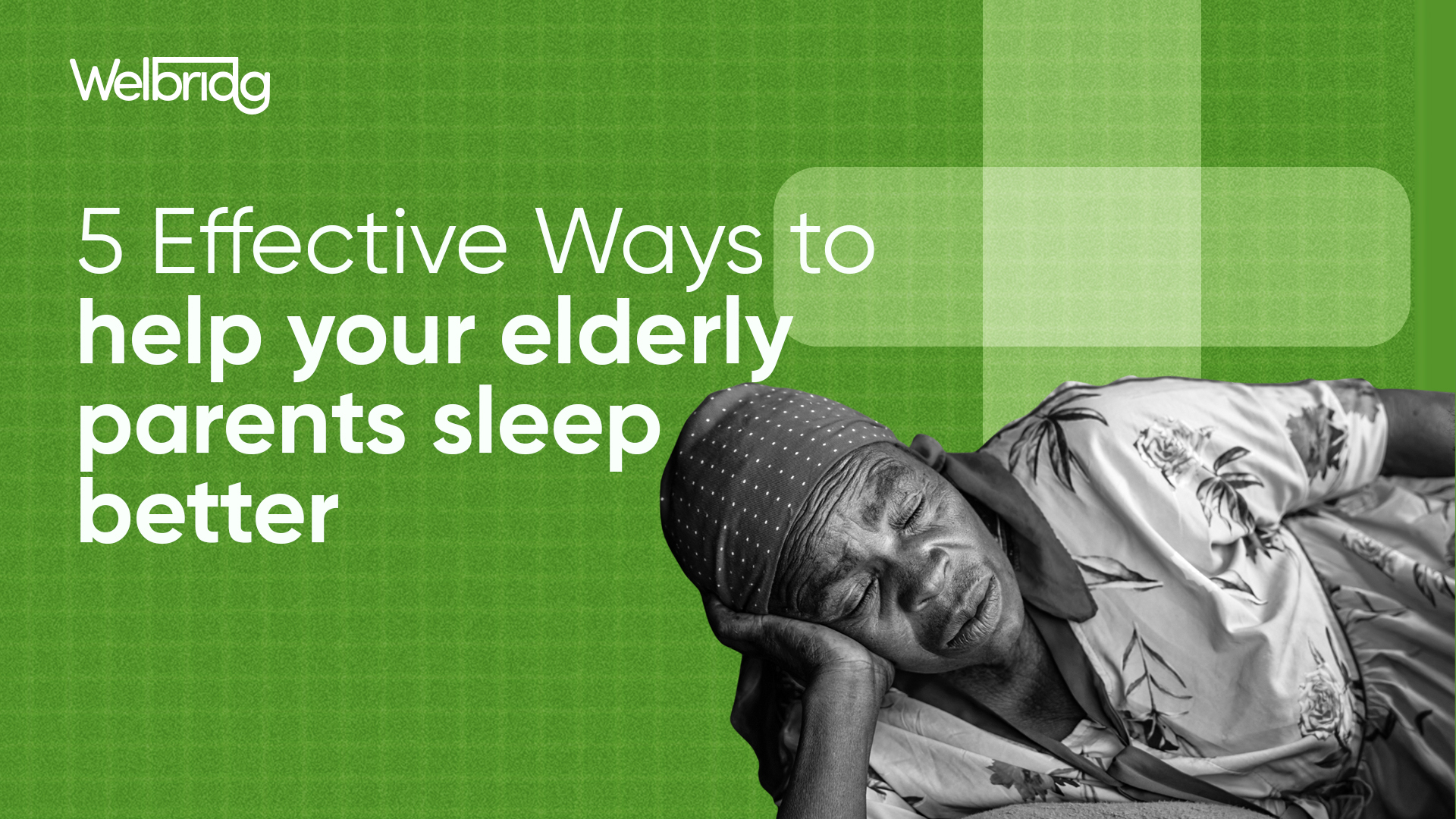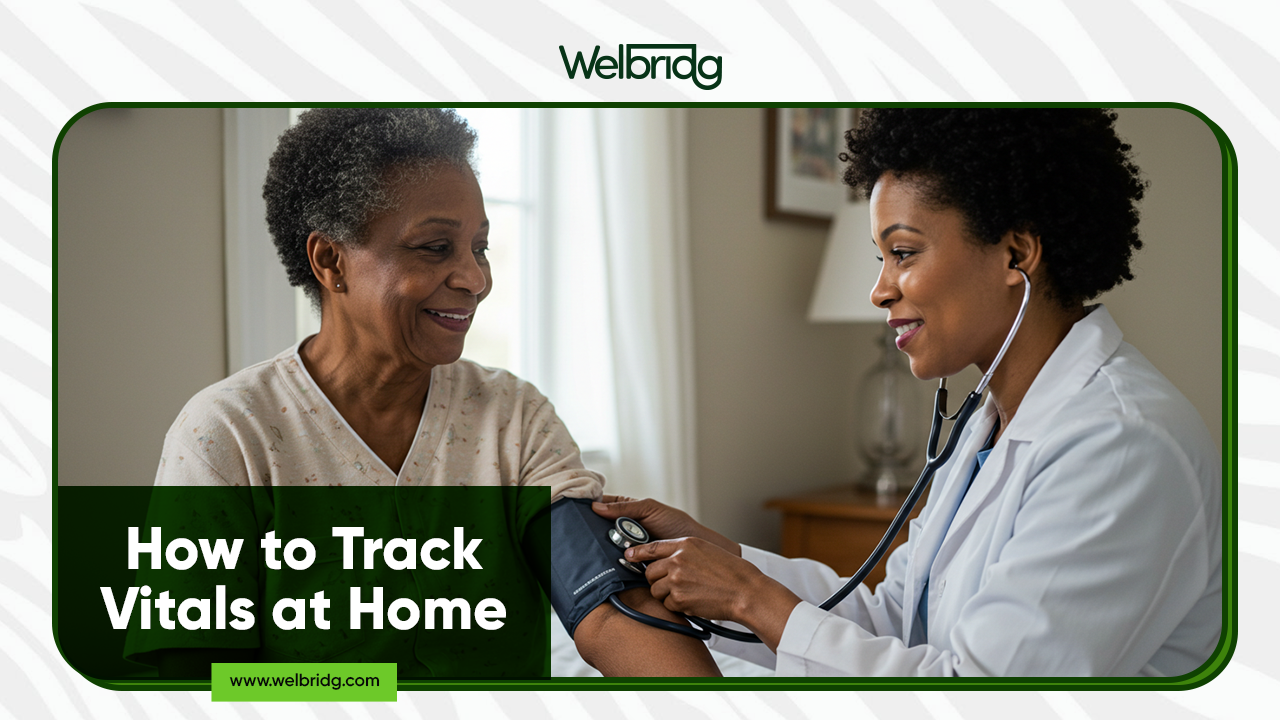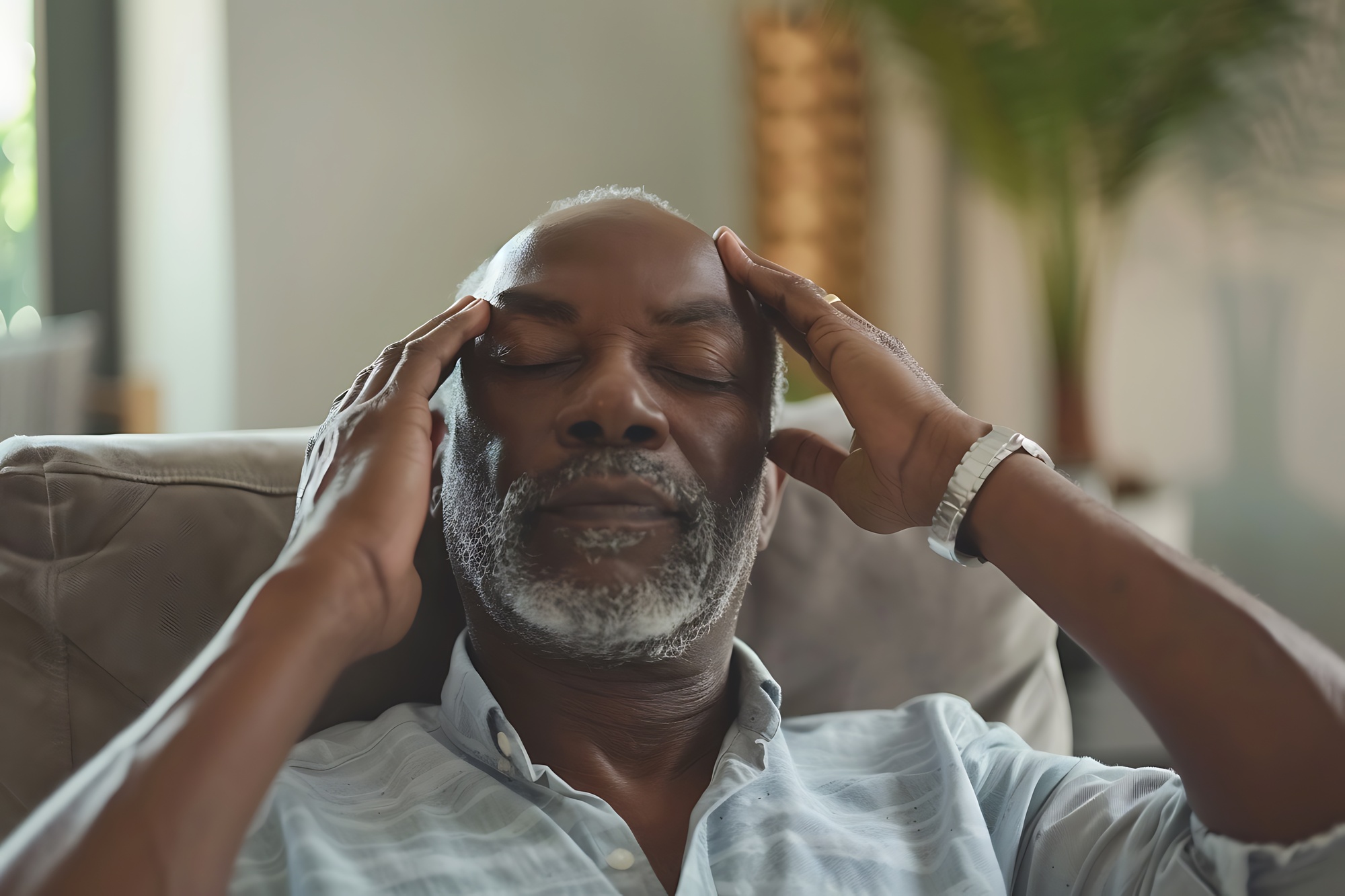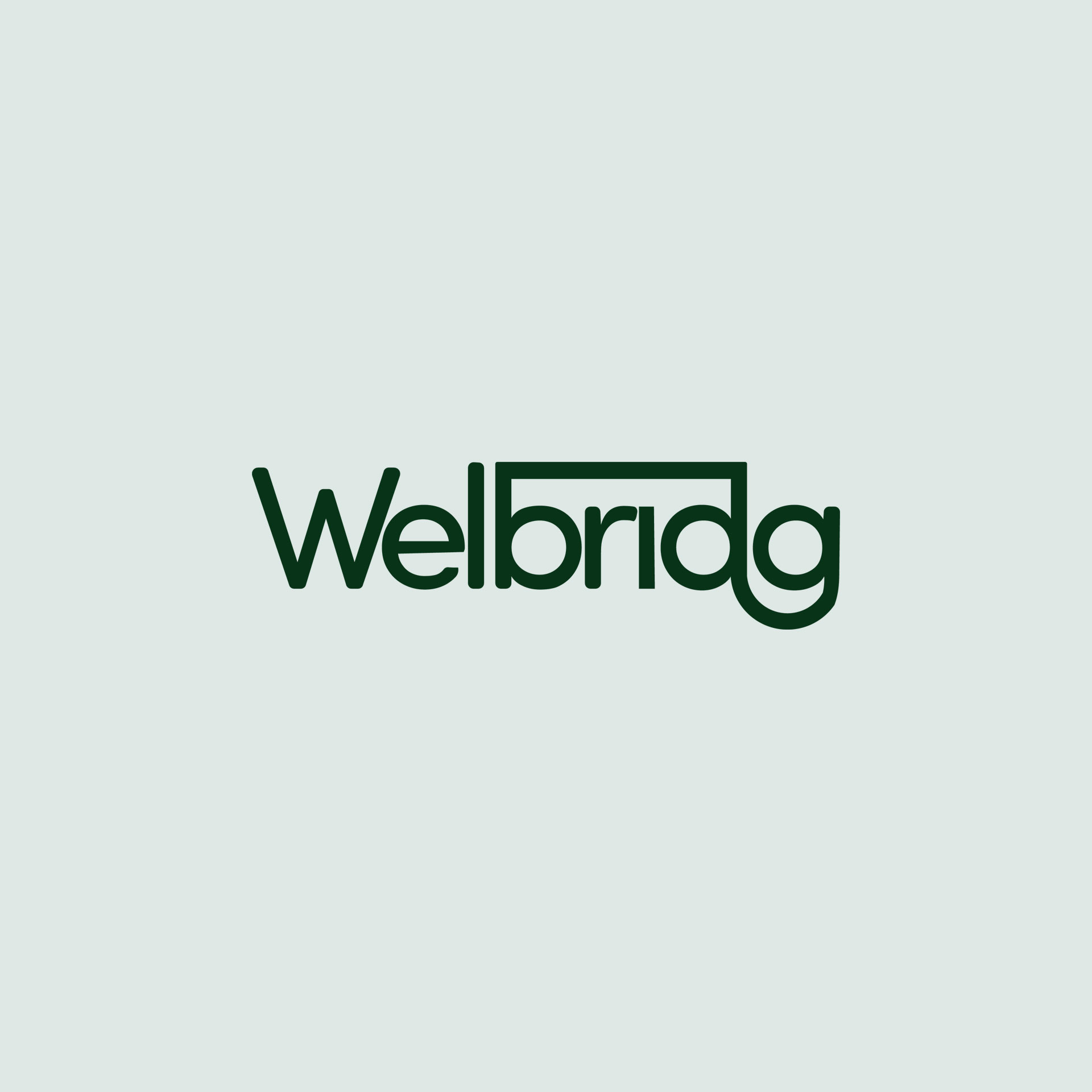Understanding Glaucoma and Cataracts in African Seniors: Protecting the Eyesight of Our Aging Loved Ones
Posted: 17th Jul, 2025 By: yinksey
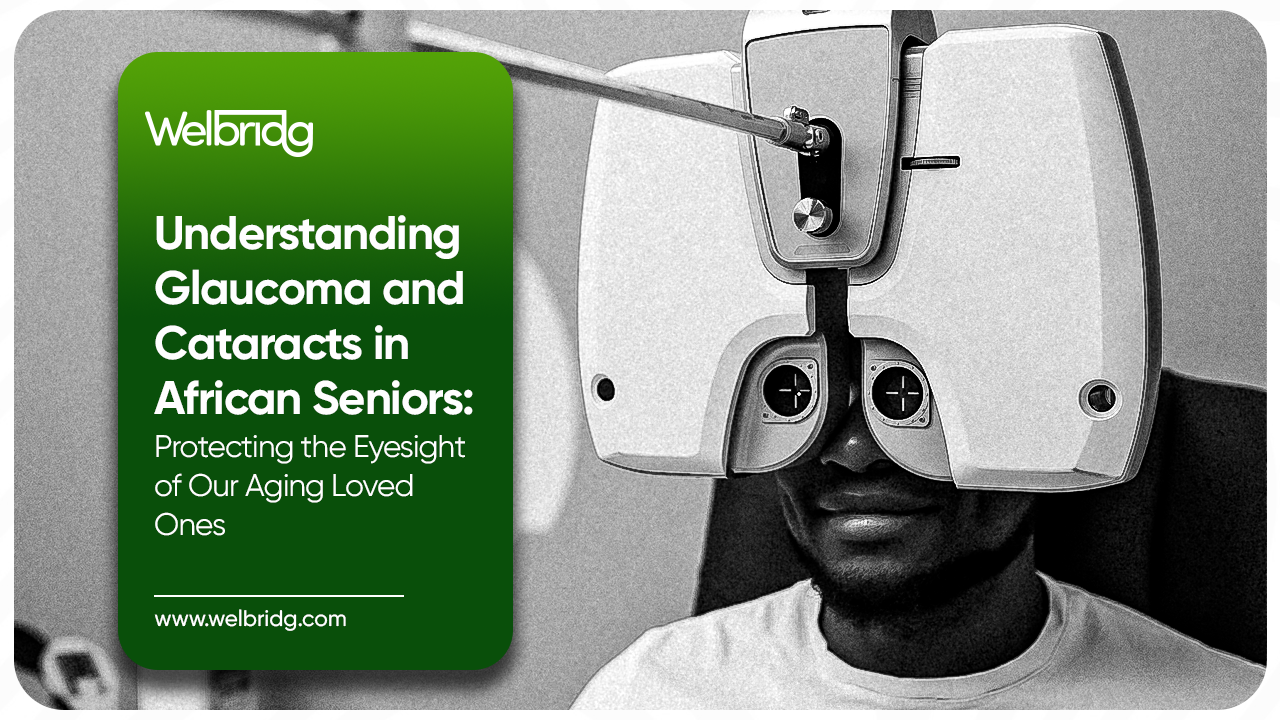
As our parents and grandparents age, we often pay close attention to their blood pressure, heart health, or even their mobility, yet one crucial part of their well-being quietly slips under the radar: their eyesight.
Across African communities, countless seniors are gradually losing their vision to two preventable and manageable conditions: glaucoma and cataracts.
These eye diseases are not just common; they are the leading causes of blindness among the elderly in Africa. And the most heartbreaking part? Most people don’t even realise what’s happening until it's too late.
This isn’t just a medical issue, it’s a quality-of-life issue. Imagine your loved one unable to confidently navigate their home, read, or recognise the faces of their grandchildren, simply because no one acted early enough.
In this post, we break down the differences between glaucoma and cataracts in African seniors, how to identify early warning signs, and practical steps you can take, especially if you live abroad, to protect your elderly loved one’s vision before it’s too late.
What Are Cataracts?
Cataracts occur when the natural lens of the eye becomes cloudy, making it difficult to see clearly. This condition develops gradually and can begin as early as age 60, though it worsens over time.
Common Signs of Cataracts in Seniors:
Blurred or cloudy vision
Sensitivity to light or glare
Faded or yellow-tinted colours
Difficulty seeing at night
Double vision in one eye
In many elderly Africans, cataracts are dismissed as “normal ageing”, but this misunderstanding delays treatment. Cataracts can lead to complete blindness if left untreated. Fortunately, the surgery is safe, widely available in Nigeria and other African countries, and highly effective in restoring sight.
Glaucoma is Dangerous and Here is Why
Unlike cataracts, glaucoma is known as “the silent thief of sight.” It causes damage to the optic nerve, often due to increased pressure in the eye. The most dangerous part? It has no early symptoms.
By the time vision loss becomes noticeable, the damage is usually permanent.
Symptoms of Glaucoma (Often Late-Stage):
Gradual loss of peripheral (side) vision
Tunnel vision
Eye pain or pressure
Headaches
Redness or blurred vision (in some types)
In Nigeria and across Africa, glaucoma is a major cause of irreversible blindness among seniors. And without regular eye exams, many elderly people live with the condition unknowingly.
Why African Seniors Are More Vulnerable
There are specific factors that increase the risk and impact of eye diseases in African elderly populations:
Limited access to eye care in rural areas
Low awareness about regular eye check-ups
Financial constraints that delay surgery or treatment
Cultural beliefs that normalize vision loss as "old age"
Genetic predisposition: people of African descent have a higher risk of glaucoma.
This makes early intervention even more critical, especially for those supporting their aging parents from abroad.
How You Can Support Elderly Eye Health From Abroad?
If you’re living outside Nigeria and have aging parents back home, here’s how to support their eye care and vision health from a distance:
1. Initiate the Right Conversations
Start asking intentional questions:
“When last did you check your eyes?”
“Do you see clearly at night?”
“Do you notice blurry or cloudy vision?”
This helps break the silence around vision loss, because many elderly people won’t bring it up unless prompted.
2. Schedule Comprehensive Eye Exams
Encourage yearly eye exams at certified eye clinics or hospitals. These exams can detect both cataracts and glaucoma early, sometimes years before symptoms even appear.
Welbridg can help coordinate these appointments and follow-ups, saving you time and stress.
3. Provide Financial and Emotional Support
If treatment or cataract surgery is recommended, cover the cost where possible and assure your parents that it’s safe and beneficial. Many elderly people fear surgery or worry about being a burden. Your reassurance can make all the difference.
4. Empower Caregivers On Ground
Share educational materials with caregivers or family members in Nigeria. Help them understand how to support vision care, manage medication (especially for glaucoma), and watch out for changes in your parents’ sight.
Preventing Blindness: What Every Family Should Know
Here’s what you can do as a proactive, loving child:
Glaucoma and cataracts in African seniors are not just health issues; they are dignity issues. Our parents deserve to see clearly, live independently, and enjoy the full beauty of life, even in old age.
Blindness doesn’t have to be part of their story. And with your awareness, support, and action, it won’t be.
Let’s not wait until they lose their sight to start paying attention.
Sight Is a Gift, Don’t Wait to Protect It
RELATED ARTICLES
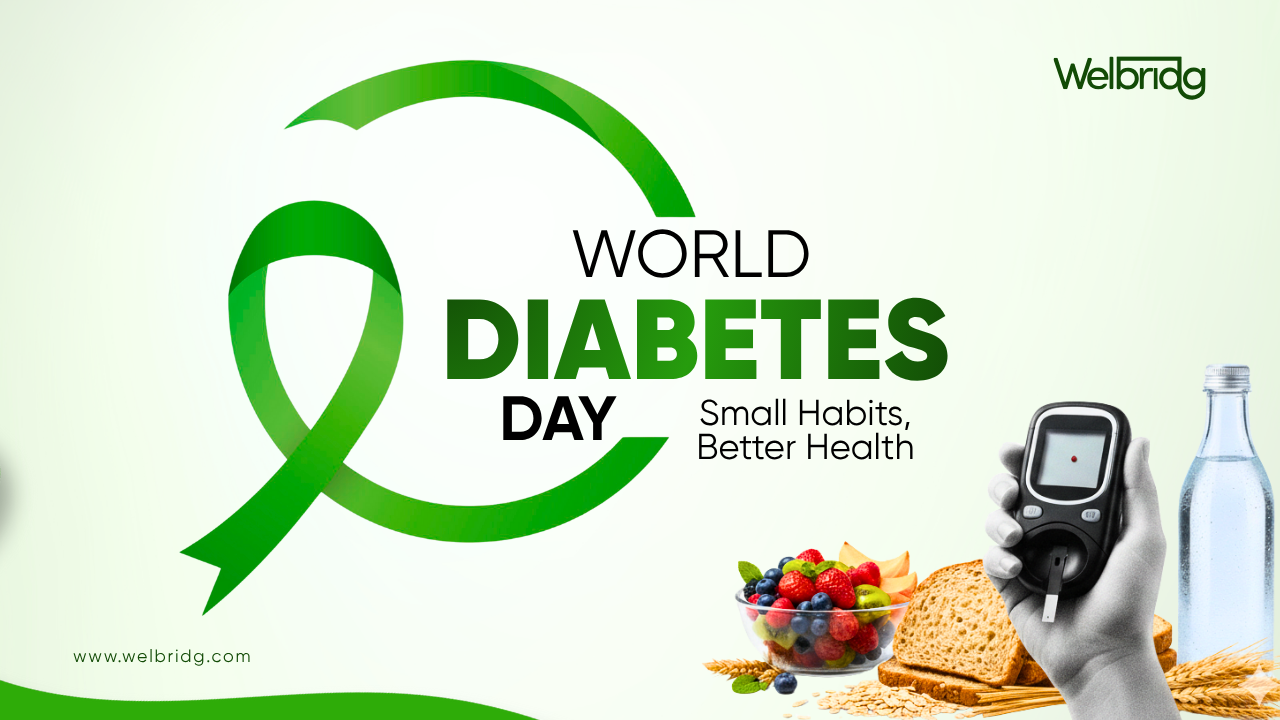
Managing Diabetes: Small Habits, Better Health
21st Nov, 2025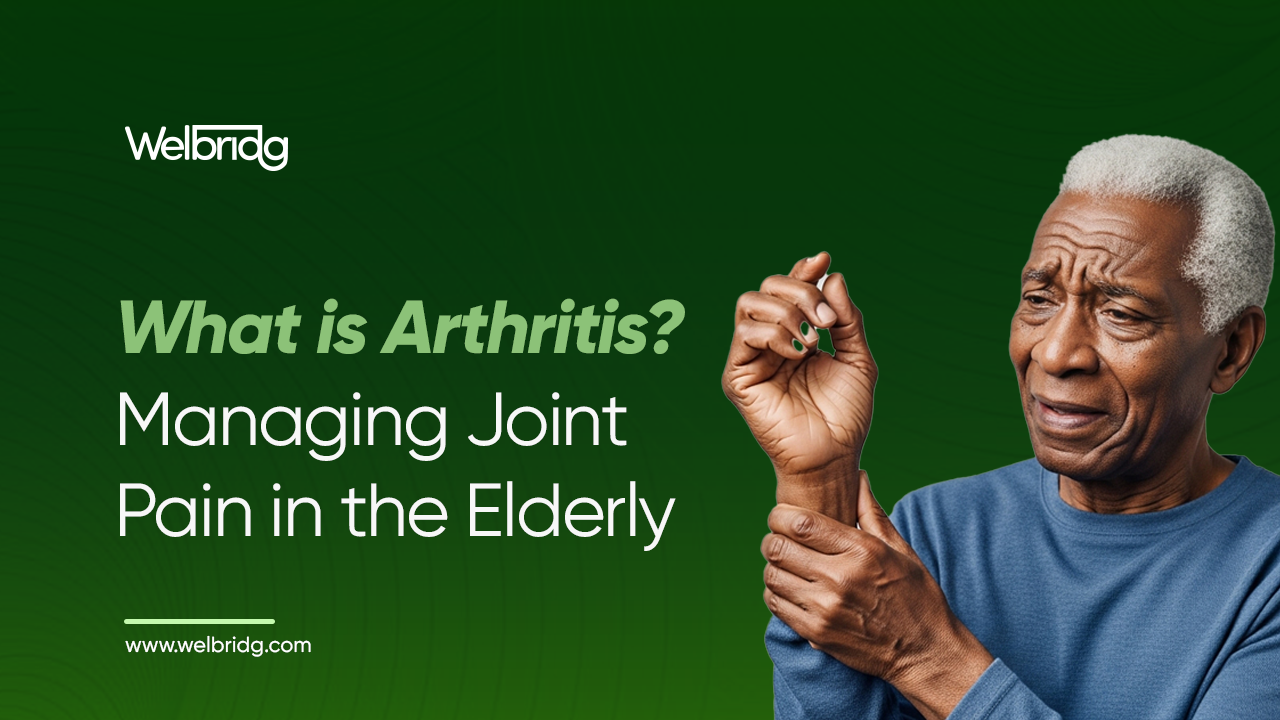
What is Arthritis? Managing Joint Pain in the Elderly
14th Oct, 2025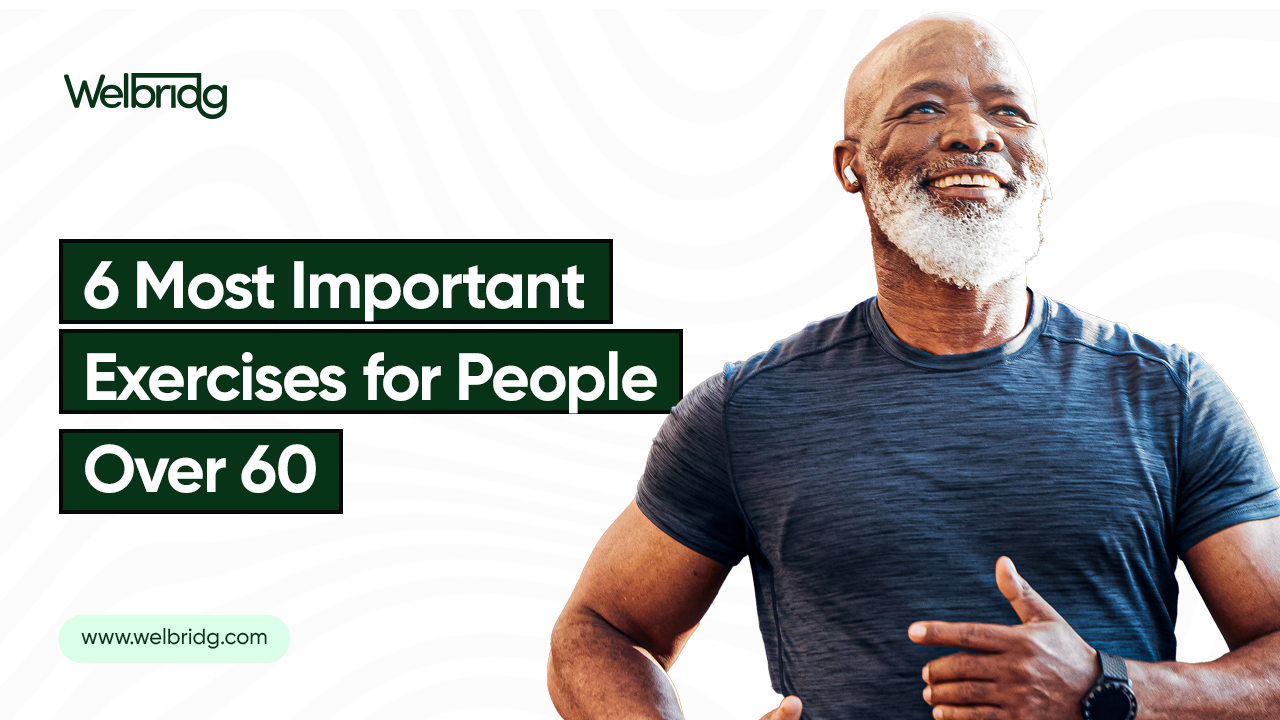
6 Most Important Exercises for People Over 60
29th Aug, 2025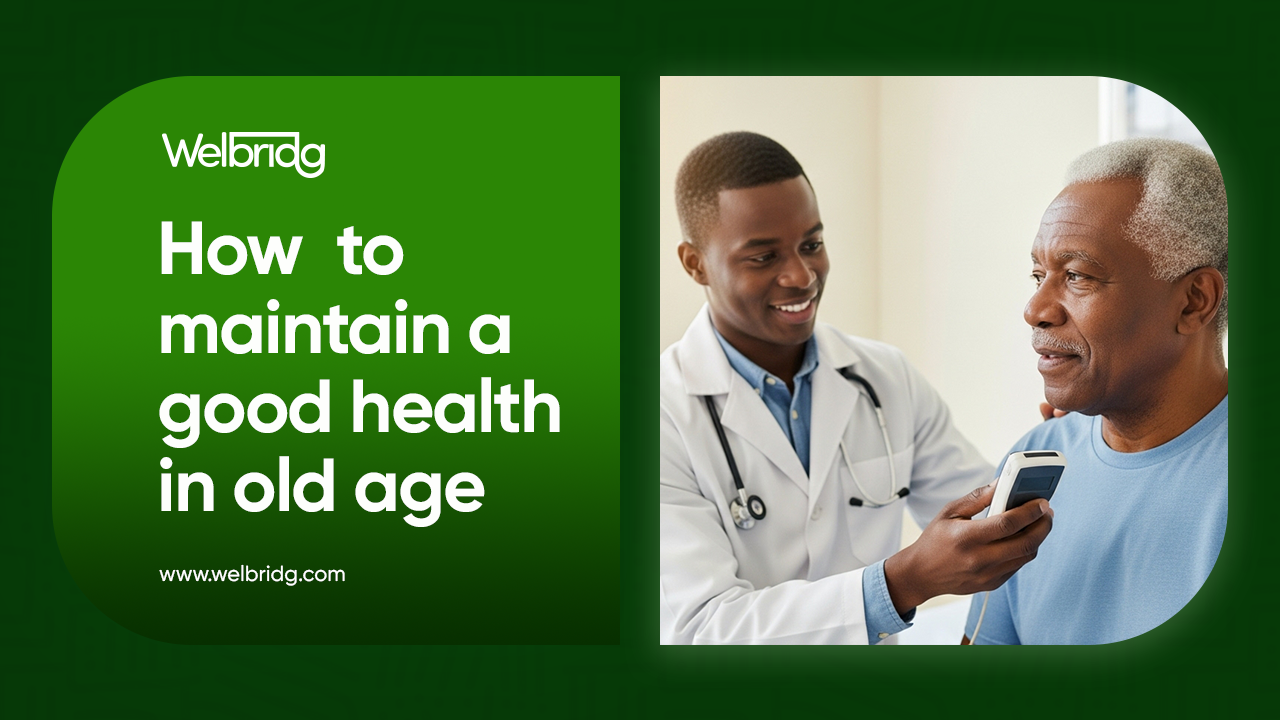
How to Maintain a good health in old age
21st Jun, 2025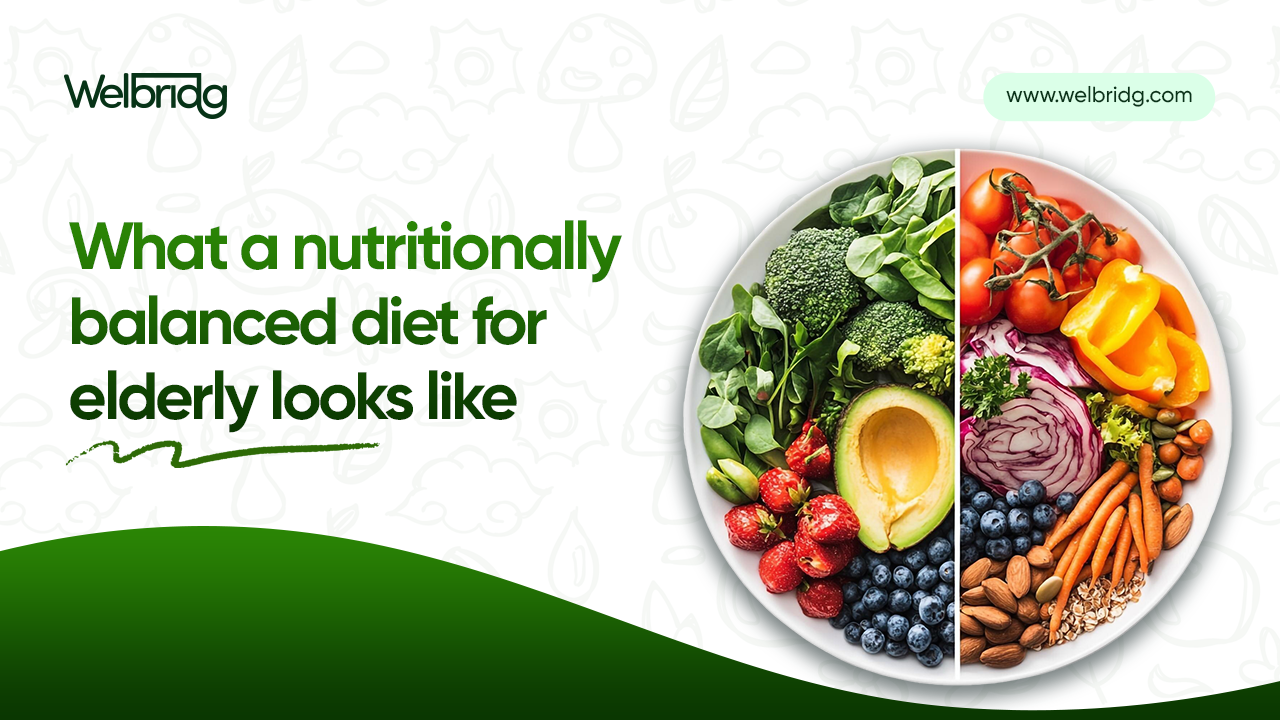
What a nutritionally balanced diet for elderly looks like
23rd May, 2025